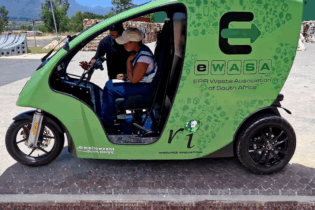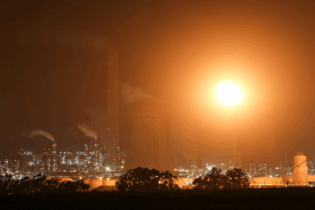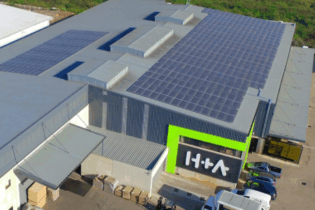
Implementing Extended Producer Responsibility offsets the costs of recycling while funding the creation of green jobs and industries
This is the challenge REDISA’s waste tyre management plan is addressing. REDISA has created a model of Extended Producer Responsibility in the waste tyre industry that can be understood as a form of environmental insurance that stabilises and supports the tyre recycling industry and is on target to reach 100% collection by the end of 2017. The money collected can therefore be applied to building and supporting collection and recycling systems and processes. The plan not only mitigates the environmental and resource consumption demands of an industry but also allows brands to manage the liability that can arise from their daily business of meeting consumer needs and wants.
In the longer term, we also need to start another shift in society’s values. Just as it stopped being acceptable to empty one’s sewage into the streets a long time ago, and more recently it has become unacceptable to smoke in public places or when a guest in someone’s home, or to drink and drive, we need to drive awareness of how unacceptable it is to simply mix together all the different kinds of waste. Building this kind of awareness, and building smarter systems for collecting waste takes money, and the insurance money would go towards that. Value recovery Currently consumers are indirectly paying the price of waste through local and national taxes. The reality is that most businesses do not consider the waste that comes from their products or operations as their problem, and few factor the cost of recovering and recycling this waste into the manufacturing cost. Essentially REDISA ensures that the product manufacturer is responsible for the entire life-cycle of the product and especially for the recycling and final disposal thereof. Whilst participating in the recent European Development Days conference in Brussels, and speaking with leaders from around the world on the panel ‘Circular Economy/Sustainable Consumption and Production’, I realised that there is still a vast difference between how countries in the developed and developing worlds define and understand sustainability, and that more needs to be done for us all to see the circular economy as being more than recycling. Closing this gap in understanding will continue to be critical to advancing development strategies that work to advance the circular economy further. By integrating sustainability into their business models and purpose, companies can both help society and increase goodwill toward their brands. For us, true sustainability is sustainable development. It means balancing economic growth, infrastructure development and creation of small business opportunities, as well as jobs to the poor, while lowering our emissions and overall impact on the environment. *Hermann Erdman is the CEO of REDISA (Recycling and Economic Development Initiative of South Africa)





